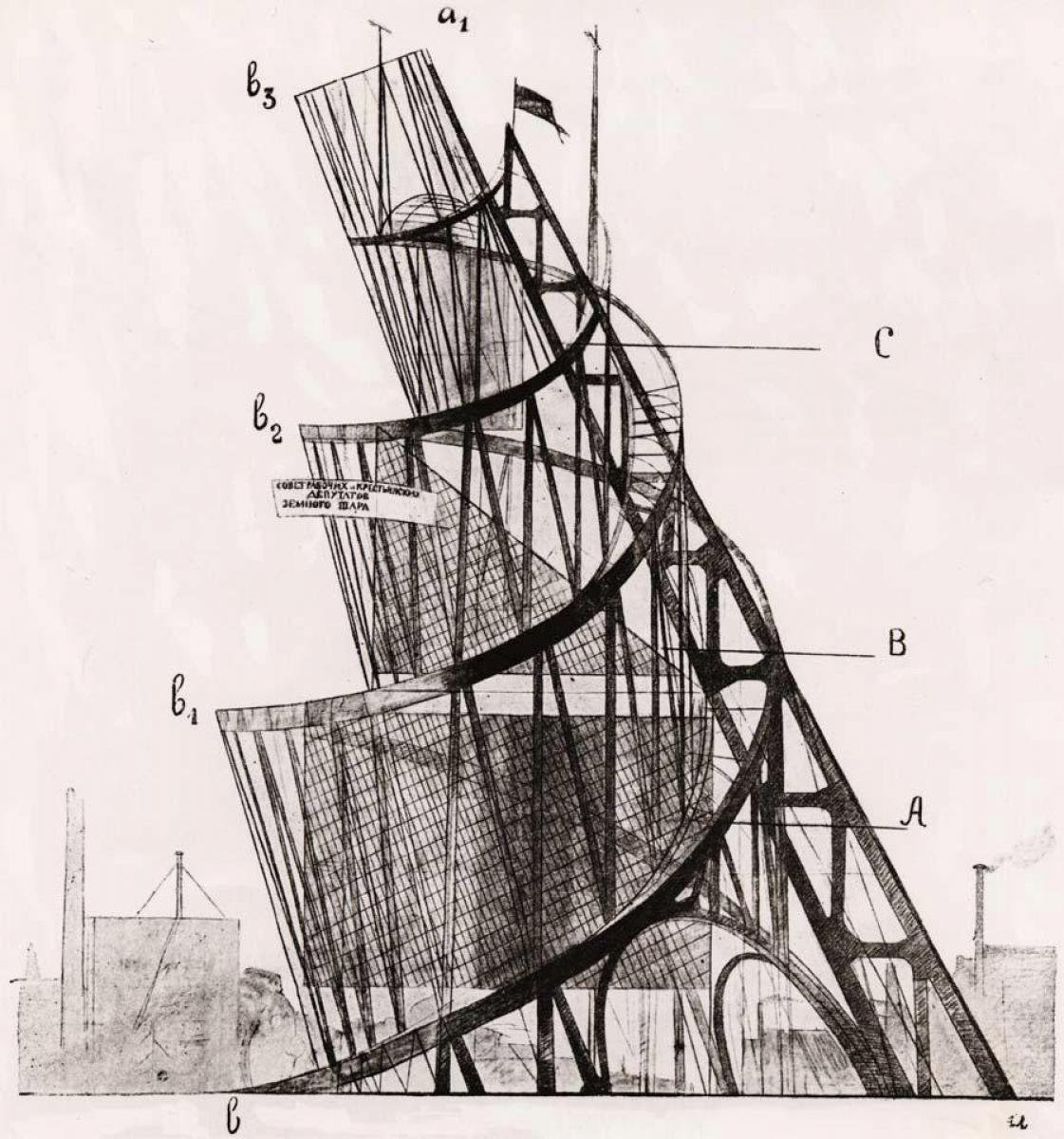28 & 29 June 2019
If we could start again, how would we organise the production and dissemination of culture within the UK? How can we learn from international models with different histories and conceptualisations of culture and institution?
Reorganising cultural institutions, three days of talks and discussions about how cultural institutions function in the UK, their social and political history and the ways in which they shape value and taste, is the first in a series of BXNU initiatives on the topic which aims to bring together the work of European intellectual deliberation and local, national and international forms of organisational praxis. Contributors and participants are invited from large and small institutions, both state-funded and independent, as well as from international organisations who are experimenting with alterative models of cultural invitation and distribution.
Contributors include: Charles Esche (Van Abbe Museum, Eindhoven), Dynamix (Gateshead), Empty Shop (Durham), Layla Gatens (Chisenhale Gallery London), Julia Heslop (Newcastle), Rosie Lewis (Angelou Centre, Newcastle), Sarah Munro (BALTIC Centre for Contemporary Art), Calle Nathanson (Folkshuset, Sweden), NewBridge Project (Newcastle & Gateshead), Paul Emmanuel Odin (La Compagnie Marseille), Andrea Phillips (BxNU Newcastle Gateshead), Marjetica Potrč (Berlin/Ljubljana), Shieldfield Art Works (Newcastle), Jonas Staal (Rotterdam), Star & Shadow (Newcastle), Transmission (Glasgow), Marina Vishmidt (Goldsmiths London).
Lectures, panel discussions and seminars over two days will take place covering the following topics:
• Constituents
• Governance
• Critical production
• Economies
• Equality
The mature system of cultural bureaucracy that is now pervasive in the UK is based on a logic of central distribution that has complex social and political roots – both within systems of emancipation and welfare state provision and within the increased econometrics of cultural value. When we think about cultural provision in the UK it is normally to the network of large and small-scale government-funded organisations that we turn, many of which have in themselves complex histories and associations often homologised through currencies of administration. Alternative associations, small scale acts and initiatives, exist and have always existed, fighting to preserve a heteroglossia of practice through workers education, artist-run initiatives, community arts, cooperative organisation. How might we learn from these without co-opting systems of the strategically invisible into the light of the attention economy? How can UK organisations learn from international experiments in cultural organisation?


